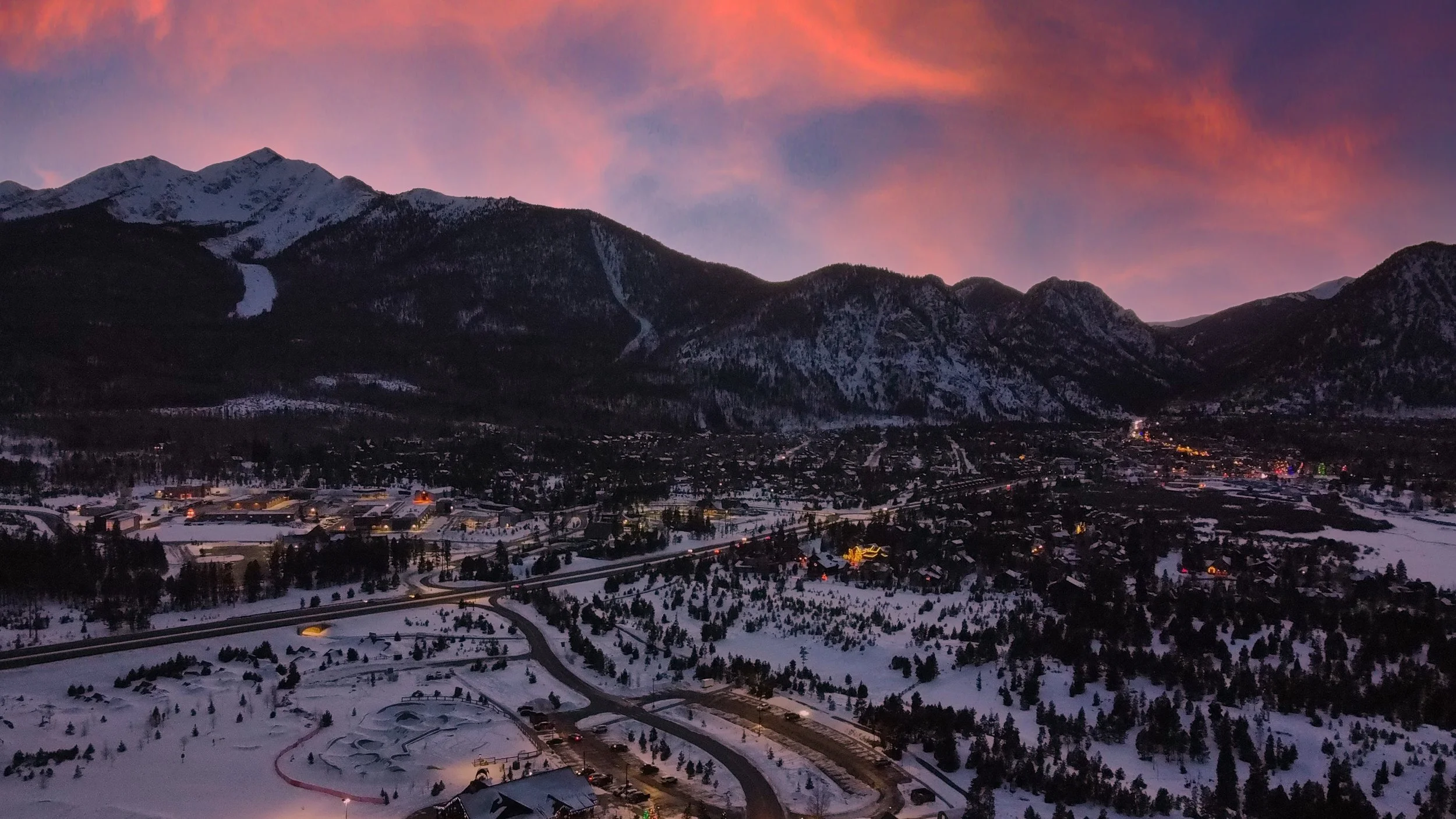House Bill 1117 was signed into law Thursday by Gov. Jared Polis after passing the Colorado legislature with bipartisan support.
Voters in mountain towns could soon redirect lodging taxes traditionally collected to lure visitors toward housing and recreational infrastructure.
Gov. Jared Polis signed House Bill 1117, the bipartisan legislation allowing that option, into law Thursday in Edwards. Since 2002, voters in 29 Colorado counties have approved a lodging tax for tourism marketing. The new legislation allows counties and local marketing districts to spend as much as 90% of lodging taxes previously collected for tourism on affordable housing, child care for local workers and “enhancing visitors experiences,” which includes investment in recreational infrastructure such as trails.
It’s the kind of proposal that tourism officials in Colorado traditionally have opposed. But after the last couple years, with a pandemic-driven real estate frenzy fueling a housing crisis and labor shortage that is threatening rural communities overwhelmed by visitors, many of Colorado’s tourism boosters support the plan to repurpose marketing dollars.
“There’s been a lot of consternation around this. A lot of hard conversations. But tourism is not opposing this,” said Lucy Kay, the president and CEO of the Breckenridge Tourism Office. Her office in 2016 changed its mission from “come here!” marketing to include managing visitor impacts. “We all need housing. This helps us support issues that are critical to the hospitality industry. We would love these places to be better by having tourism and not have tourism considered as just an impact.”
Many of Colorado’s strongest regional tourism organizations — including in Aspen, Breckenridge, Telluride and Vail — shifted away from pure marketing several years ago. Those groups are now in the business of lessening the impacts of visitors, spending lodging taxes on things like luring new businesses to town and training workers and tourism campaigns that educate visitors about taking care of natural resources and respecting local communities.
But Colorado’s laws for marketing districts that collect lodging taxes prevented spending on capital projects other than tourist information centers. House Bill 1117 changes that, marking a fundamental shift in tourism spending, with focus not just on visitors, but locals. The bill allows voters to decide how to divide lodging tax revenue between tourism promotion, housing, childcare and recreational improvements, but it requires that at least 10% remain dedicated to tourism marketing.
“A visitor’s experience is also heavily influenced by the host community’s ability to support their residents and local workforce with housing and other essential services, as well as a strong quality of life that comes with our amazing natural and cultural assets,” the bill reads. “Robust support for our residents’ needs is essential to the long-term health of both our communities and our economy.”
Gunnison County changed the name of its tourism association to the Tourism and Prosperity Partnership in 2019, using a 4% lodging tax collected by the county’s marketing district to support economic development, Western Colorado University, and local entrepreneurs and businesses, while also promoting visitor-friendly events.
Keep reading on The Colorado Sun.
Related Links
If there is a home that you would like more information about, if you are considering selling a property, or if you have questions about the housing market in your neighborhood, please reach out. We’re here to help.

